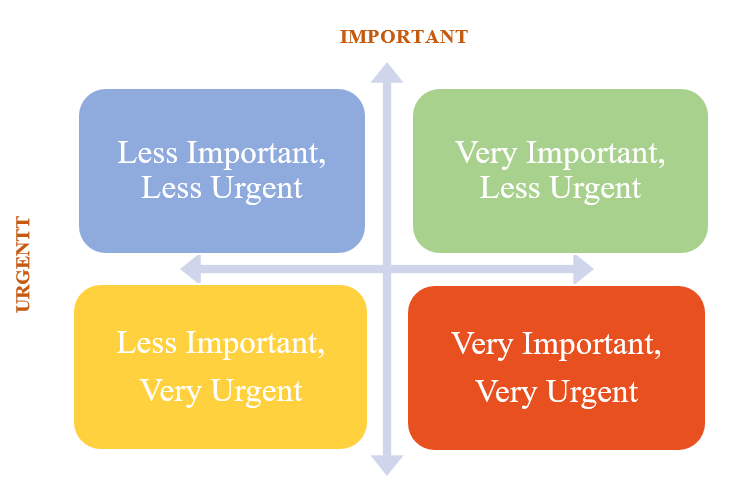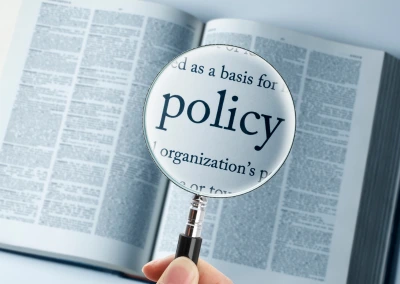Saying a ‘Yes’ is more accessible than saying a ‘No.’ But then regretting later for saying yes to things burdening, you tag yourself as ‘people pleaser.’ It sure does give happiness at the moment, but regrets stay your back. It’s essential to be able to say no, so you feel empowered while still maintaining your relationships with others. Communicating helps, you establish healthy boundaries and enable others to have clarity about what they can expect from you.
On the first day at work, we were asked to study certain things, one being ‘A product manager shall know to say No.’ I was looking at myself in the meeting, flushed; all the hesitation was visible on my face, for me at least. I have always said yes to things in my life but never regretted it, but then I also knew that this deserved a no. Well, that’s gone. Browsing everywhere, I came across many articles, videos, and quotes, showing the need to say a NO.
Why do we need to say a NO in life?
You may be more honest and authentic with others if you can say no. People may learn to come to you for the things you are more likely to say yes, and you may feel less taken advantage of. People may learn to value your yes rather than take it for granted, your resources may be better utilized, and your relationship with and communication with others may also get healthier.
How do we say a NO in life?
Make sure you’re being transparent, confident, consistent, and concise. It’s unnecessary to provide a lot of information to explain your reasoning. You can, however, mention the types of activities you’re willing to perform or the time window in which you might be able to say yes. This shows others that you are aware of the request and value the individual who made it. Even when you say no, letting others know they’ve been heard can go a long way toward strengthening a relationship.
Importance of NO in the work-life of the product manager
A product manager bridges the gap between the client’s requirements and the development team’s capacity. There’s always a constant crush between accepting all the client’s demands to keep them on board and pushing the limits of the development team. Sounds sweet on one side and cruel on the other. Well, that’s why the position has a ‘manager’ in it.
A product manager needs to say no so that the team isn’t under the burden and we don’t invite unnecessary things on our plate. At the same time, on the other side of the coin, the product manager needs to have a fair discussion with the client about their demands and the moment’s need. Acknowledging their requests and then analyzing their stuff makes a no sound a little easier. But how does one make sure it doesn’t sound like a ‘forever no?’ A product manager shall evaluate the requests by placing them in a position visible to the internal team and the external clients. This can be done by telling the stakeholders that we need to park these requests as of now, or we can take this on a plate by placing another less important stuff out of the plate—Woof, tough job.
Honestly, from my perspective, the best part of having this learning is understanding how to evaluate an equally important thing that the client’s recent request can replace. This is an essential task as it would balance the grind of both sides.
IMPORTANT vs. URGENT GRID

This grid helped me solve many problems. The reddish block is the high-priority block, whereas the blueish block is the low-priority block. To conclude which one to take up between the yellowish and greenish ones, the product manager can use the estimates here.
Hence, the difference between yes and no is a major one, followed by many circumstances and repercussions.










